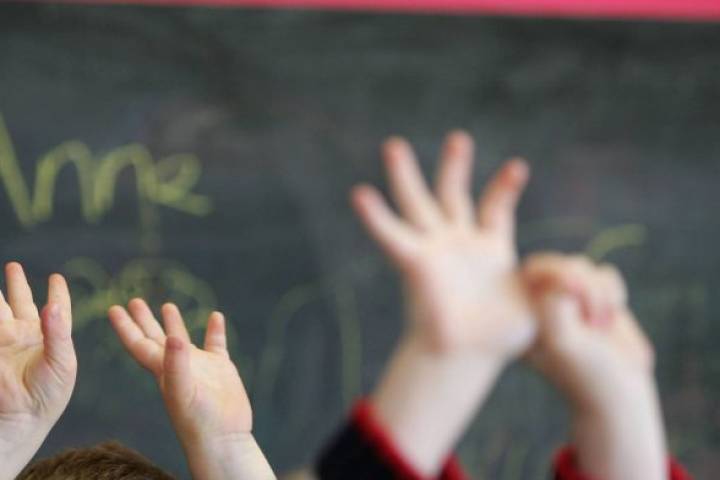Update March. 10.

The NDP government has quietly released a draft version of the Liberal’s rural education report.
The report found that “stable and predictable funding is critical for education” and that funding based on enrolment does not reflect the higher costs of delivering programs and services in low enrolment and remote communities.
The report recommends a comprehensive review of the K to 12 funding allocation system “to better reflect the operational and education realities of operating schools in rural and remote communities.”
It also recommends the province assist boards of education to keep schools open “where it makes education sense to do so,” and where communities may be adversely impacted.
You can read the full draft report here.
Original story:
It was a tumultuous year for rural education during the 2015-16 school year as several schools faced the threat of closure due to declining enrolment and budget deficits.
Four schools in the south Okanagan were under the microscope; Trout Creek Elementary in Summerland, McNicoll Park Middle School, West Bench Elementary School in Penticton and Osoyoos Secondary School—the only high school in the desert town.
McNicoll Park Middle School was shuttered while West Bench and Trout Creek qualified for additional funding, so did not close.
It prompted a review of the state of rural education and was completed by Liberal Boundary-Similkameen MLA Linda Larson in her role as parliamentary secretary for rural education when the Liberals held power.

Get breaking National news
It was completed in the spring of 2017.
WATCH BELOW: Protests in wake of looming school closures

The results of the review have been kept under wraps, prompting the Okanagan-Skaha school district and the Town of Osoyoos to send letters to the NDP government requesting its release.
A letter from Bill Bidlake, chair of the Okanagan-Skaha School Board, said Larson spent a considerable amount of time and money touring the province to seek public input on rural education.
“The results of this report are owned by the citizens of British Columbia, not the government,” stated the letter, directed to Minister of Education Rob Fleming.
“Asking the public to take part in these consultations and then not sharing any of the results does not demonstrate openness and accountability toward those you serve.”
Sue McKortoff, the mayor of Osoyoos, also sent a letter to B.C. Premier John Horgan on Monday requesting the public release of the Rural Education Report.
“Releasing this report to school districts and to the public ensures transparency of the work and respects the time boards, staff and individuals made to contribute to telephone conversations, in-person discussions and on-line submissions,” McKortoff said.
A statement from the Ministry of Education said the former Liberal government chose “not to release that engagement.”
However Wendy Hyer, superintendent of the Okanagan Skaha school district, said the former government did not have time to release the report before the election.
Under pressure from the school district and the mayor, the province now said it will release “all of the input from the rural education engagement process,” and that it will be posted on the ministry’s website within the coming weeks.
“We would like to read the entire report – not bits and pieces of the report,” Hyer said.
When questioned about the report in the legislature by Global News, Minister of Education Rob Fleming claimed the report was not completed prior to the writ being dropped and therefore “not a government report.”
“Rural education, remote education is one of the pillars around looking for a sustainable better funding model that is currently part of our more comprehensive review of k to 12 education,” Fleming said.
“This is the first time we’ve reviewed how we fund education in public schools in B.C. in 25 years, so that information from that rural review that was never completed won’t be lost– it will be incorporated into our review.”
Hyer said the district wants to ensure fulsome funding for rural education to avoid school closures in the future.
“The concern is that as funding is reviewed, these funds will be lost and this issue will need to be revisited. That is why the report is of value – what were the recommendations and what does the rural strategy look like,” Hyer said.








Comments